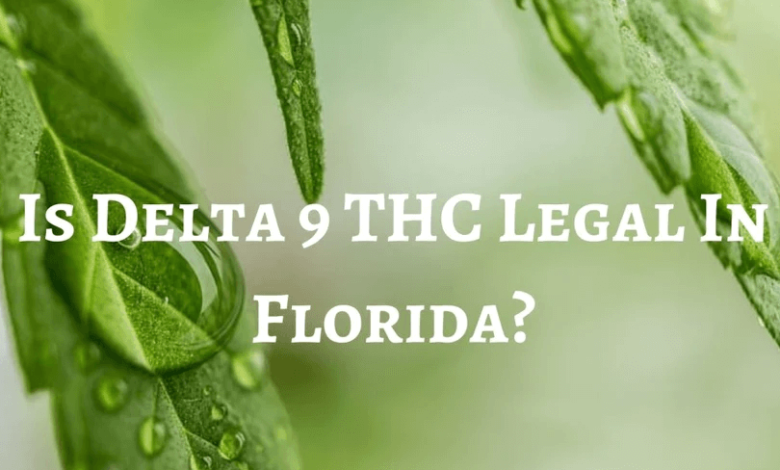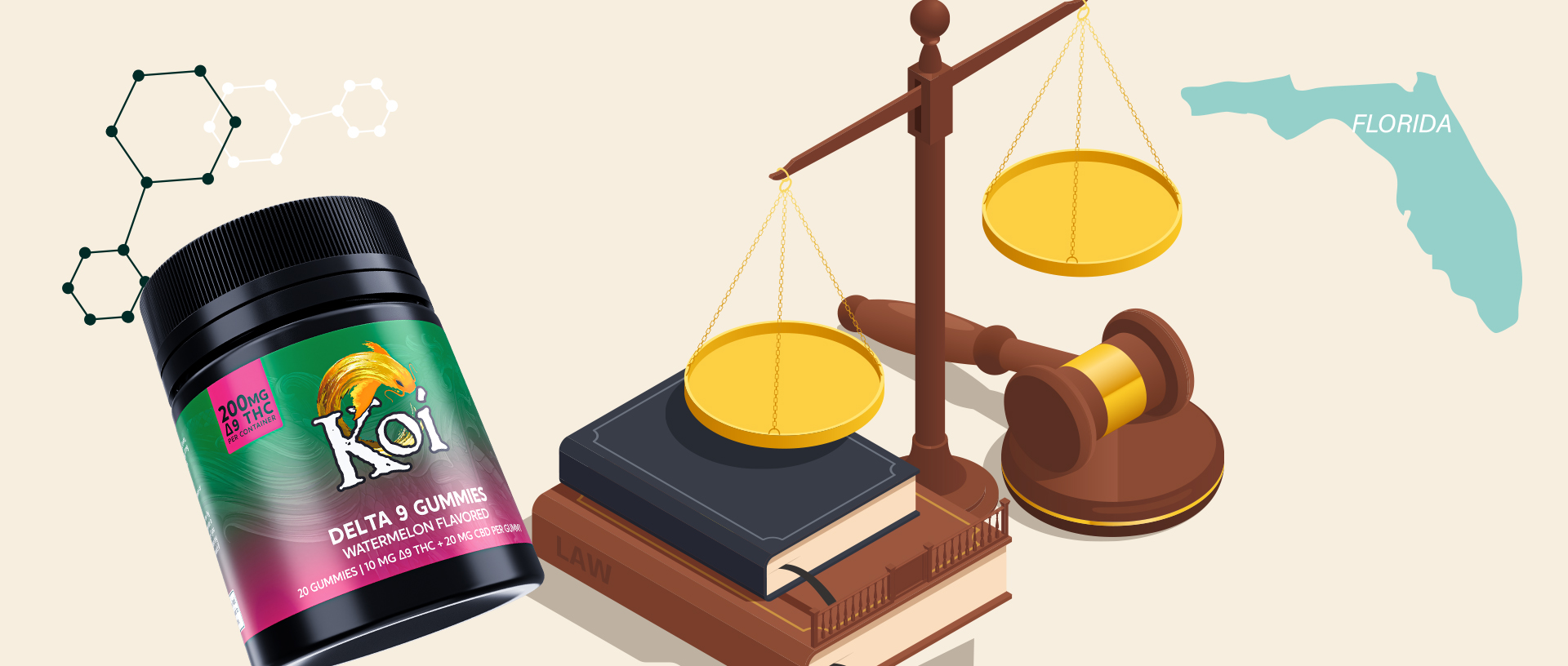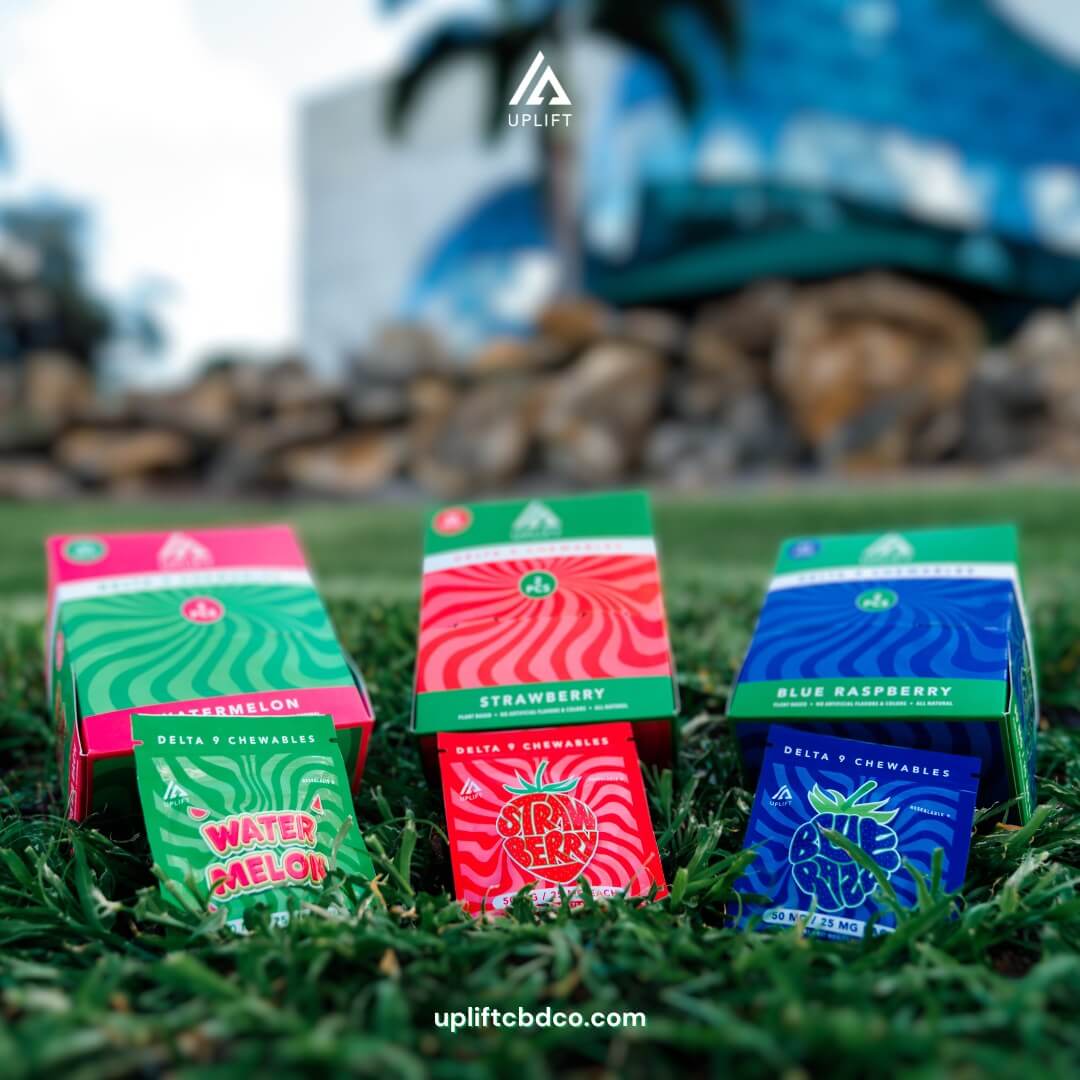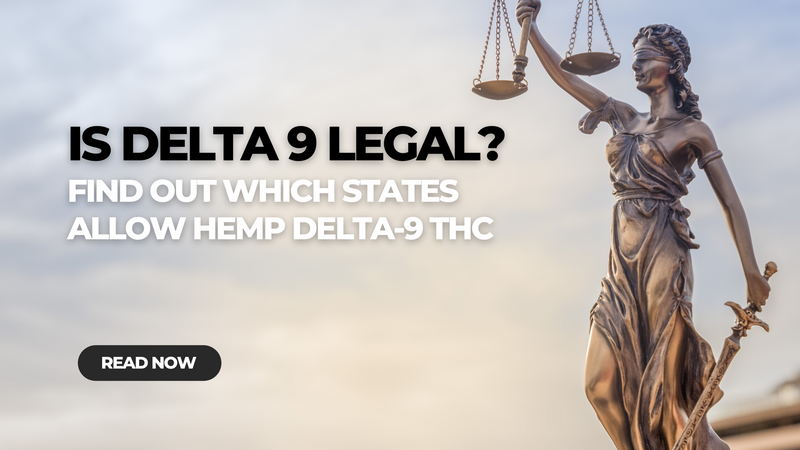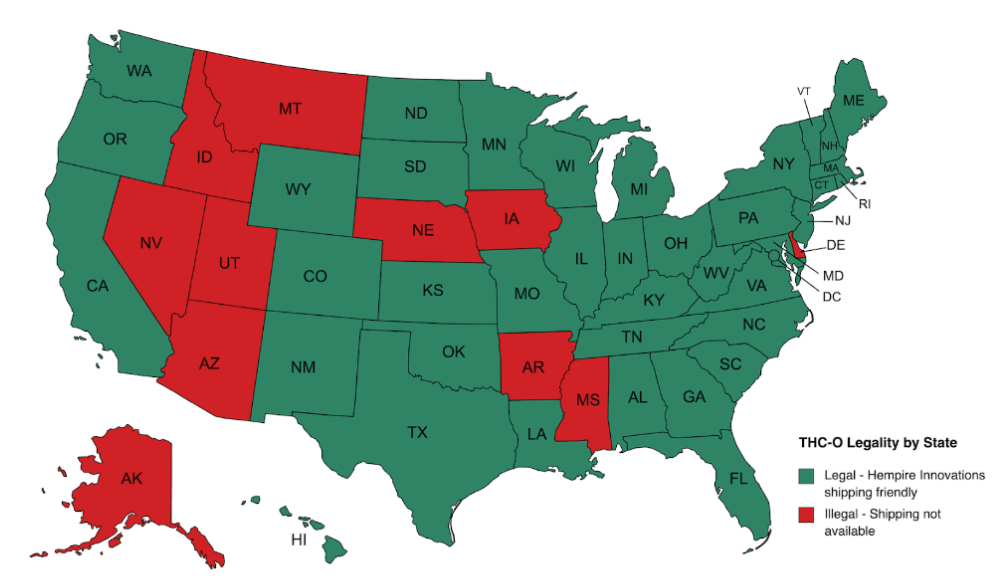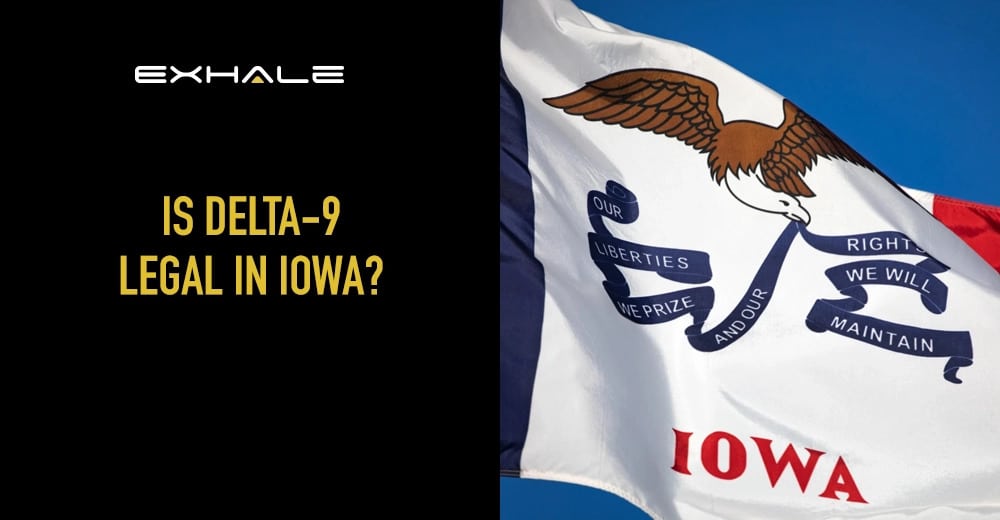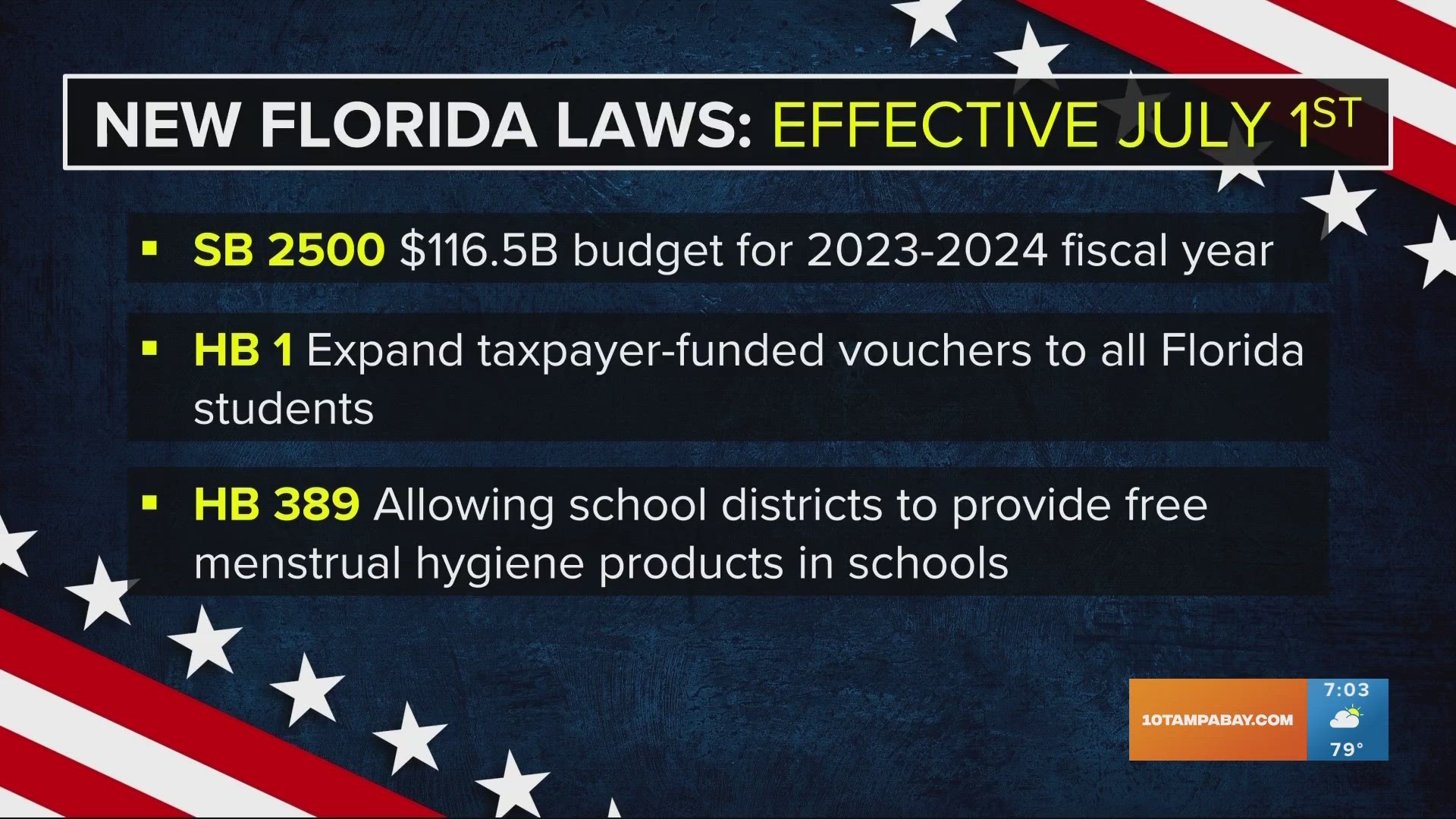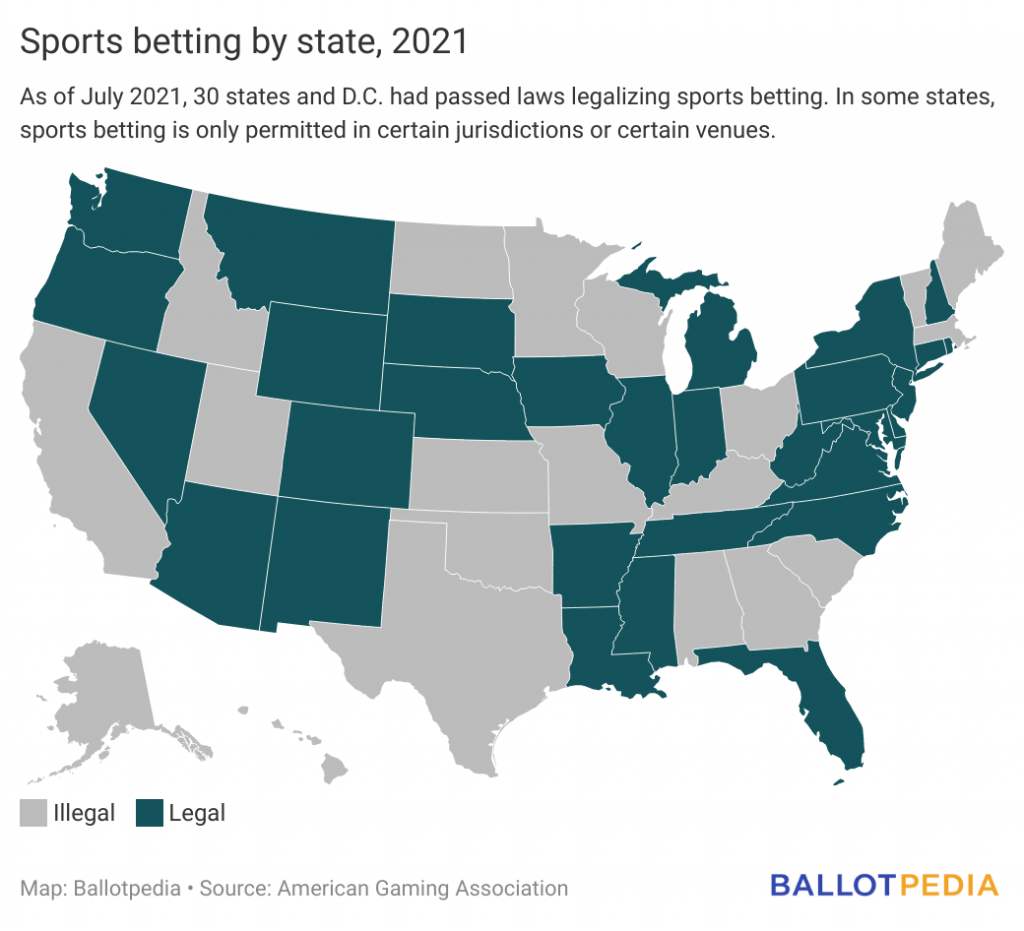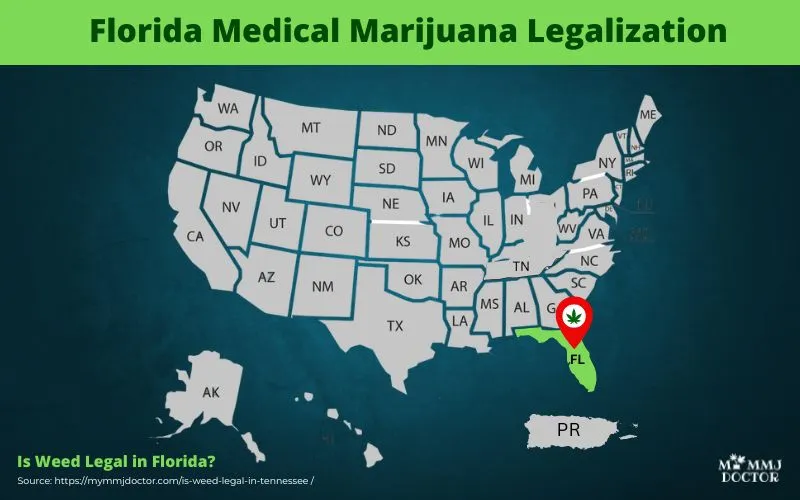Is Delta 9 Legal In Florida

The legal landscape surrounding cannabis and its derivatives is often a complex and shifting terrain, leaving many consumers and businesses uncertain about what’s permissible. Nowhere is this more evident than in the evolving debate surrounding Delta 9 THC, the primary psychoactive component of cannabis, and its legality within the state of Florida.
Navigating this maze requires careful consideration of both state and federal regulations, particularly the nuances of the 2018 Farm Bill, which unintentionally created a loophole now hotly contested. This article dives into the specifics of Delta 9 THC’s legal status in Florida, examining the impact of the 2018 Farm Bill, recent legislative developments, and the perspectives of legal experts, businesses, and consumers affected by these regulations.
The 2018 Farm Bill and the Hemp Loophole
The 2018 Farm Bill federally legalized hemp, defined as cannabis containing no more than 0.3% Delta 9 THC by dry weight. This legislation inadvertently created a loophole, as it did not explicitly restrict the sale of products containing Delta 9 THC derived from hemp, as long as the 0.3% threshold was met.
This led to the proliferation of hemp-derived Delta 9 THC products, including gummies, edibles, and beverages, which technically comply with the federal limit but can still produce psychoactive effects. Florida adopted a similar definition of hemp, mirroring the federal standard.
Florida's Stance on Delta 9 THC
Florida law mirrors the federal standard: hemp is legal if it contains no more than 0.3% Delta 9 THC by dry weight. Consequently, hemp-derived products that meet this threshold are considered legal in Florida, even if they induce psychoactive effects.
This has led to a booming market for these products, with businesses openly selling them across the state. The legality hinges on the source of the Delta 9 THC (hemp vs. marijuana) and its concentration.
Legal Challenges and Interpretations
Despite the apparent legality under state and federal laws, the issue remains contentious and subject to legal interpretation. Some argue that the intent of the 2018 Farm Bill was not to legalize intoxicating hemp-derived products.
Legal experts suggest that the focus should be on the total THC content, not just Delta 9 THC, but this interpretation has not yet been uniformly adopted. Law enforcement agencies and state regulators grapple with how to effectively enforce the current laws and address concerns about public safety.
Consumer and Business Perspectives
Consumers have largely embraced hemp-derived Delta 9 THC products as a legal alternative to traditional marijuana. They appreciate the accessibility and perceived benefits, citing relaxation, pain relief, and improved sleep.
Businesses operating in this space see it as a legitimate and rapidly growing industry. They emphasize compliance with the 0.3% THC limit and often market their products as a safe and legal way to experience the effects of THC.
Voices of Concern
However, concerns exist about the potential health risks associated with unregulated or poorly regulated hemp-derived Delta 9 THC products. The lack of standardized testing and labeling requirements raises questions about product quality and safety.
Some worry that the widespread availability of these products could lead to increased rates of cannabis use, particularly among adolescents. Others express concern about the potential for accidental ingestion, especially by children who might mistake edibles for regular candy.
Legislative Efforts and Future Outlook
Florida lawmakers have considered various legislative proposals aimed at clarifying or modifying the state's hemp laws. Some bills seek to restrict the sale of intoxicating hemp-derived products or increase regulatory oversight.
The future of Delta 9 THC legality in Florida remains uncertain, with legislative changes potentially on the horizon. It is crucial to monitor future legislation and regulatory actions to stay informed about the evolving legal landscape.
The Importance of Responsible Consumption
Regardless of the legal status, responsible consumption is paramount. Consumers should exercise caution, research products thoroughly, and consult with healthcare professionals before using Delta 9 THC products.
Understanding dosage, potential side effects, and interactions with other medications is essential for safe and informed use. As regulations evolve, staying informed about the latest developments and adhering to responsible consumption practices will be critical.
The Delta 9 THC legal landscape in Florida is a dynamic and evolving issue. The interaction between federal and state laws, coupled with ongoing debates and legislative efforts, creates a complex environment for consumers and businesses alike. The future of Delta 9 THC in Florida hinges on how lawmakers and regulators address the existing ambiguities and balance the interests of various stakeholders.
